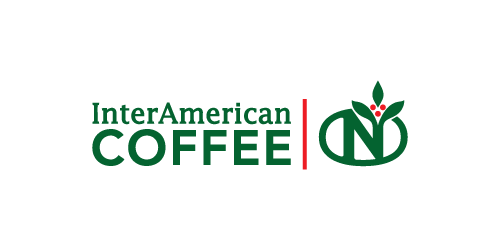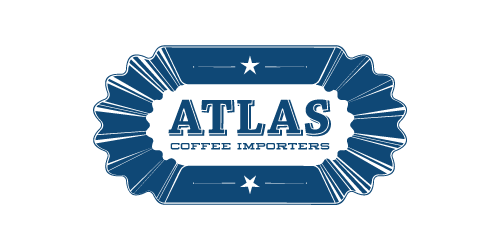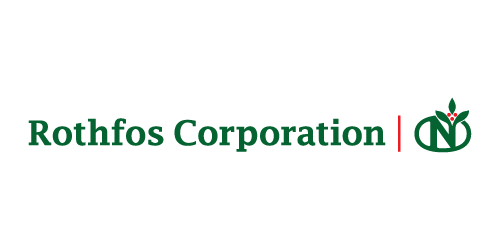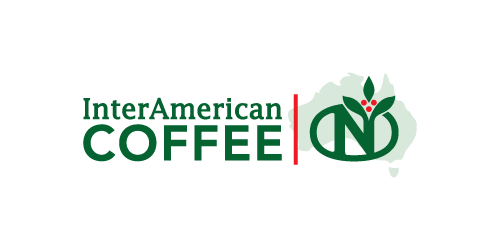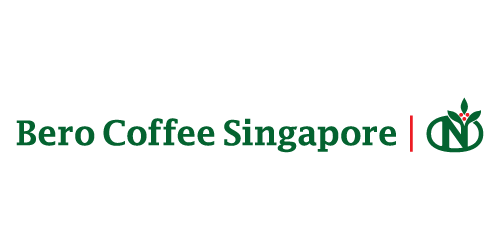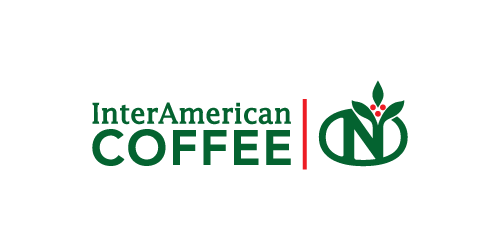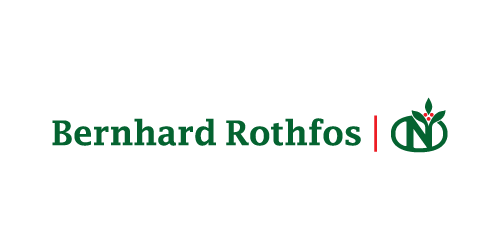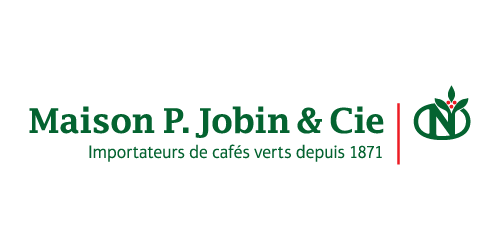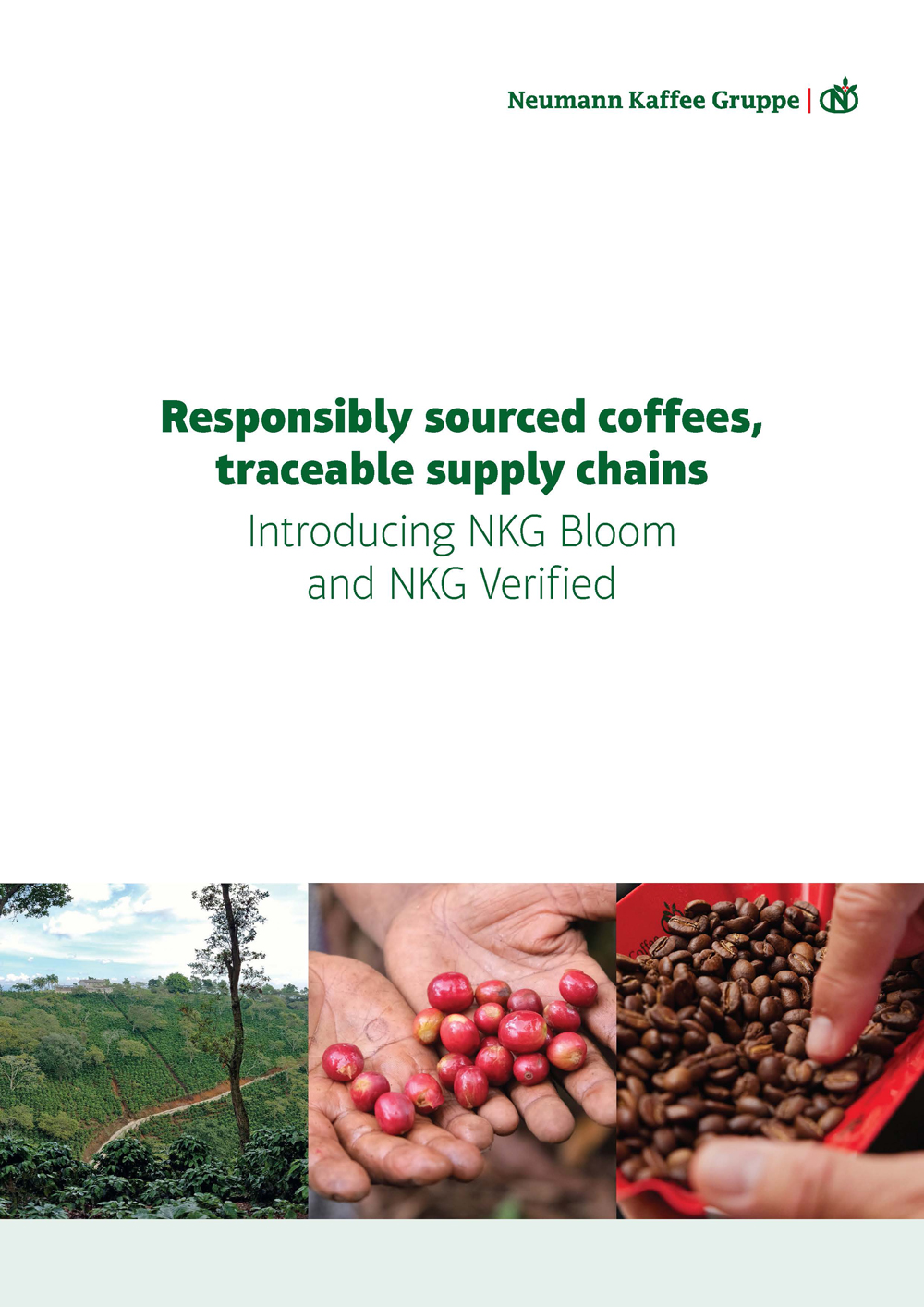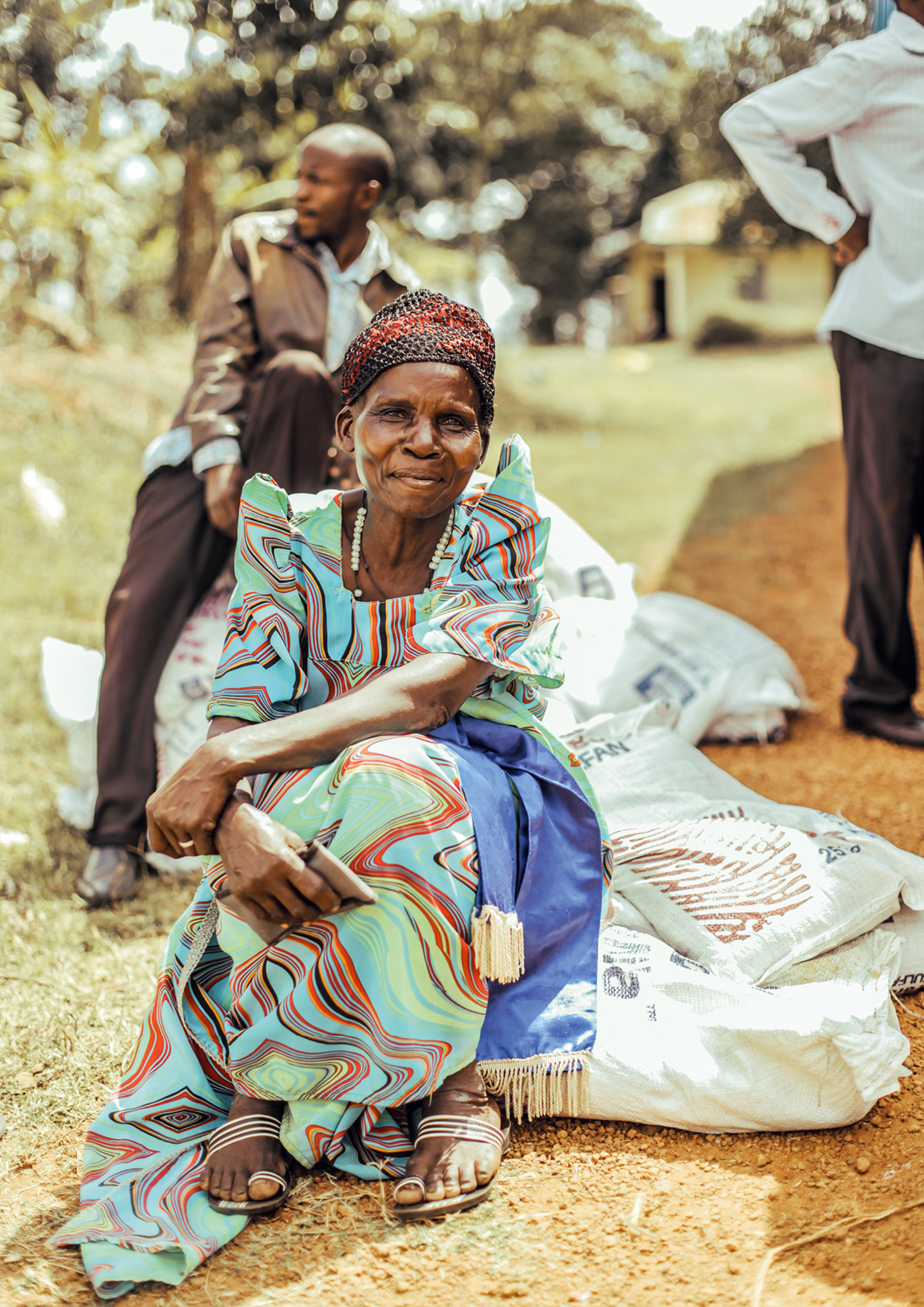We are committed to being a company of integrity and responsibility, which includes growing a more sustainable coffee industry. As part of our active commitment, we have created two initiatives to serve the needs of coffee growers and coffee buyers around the world.
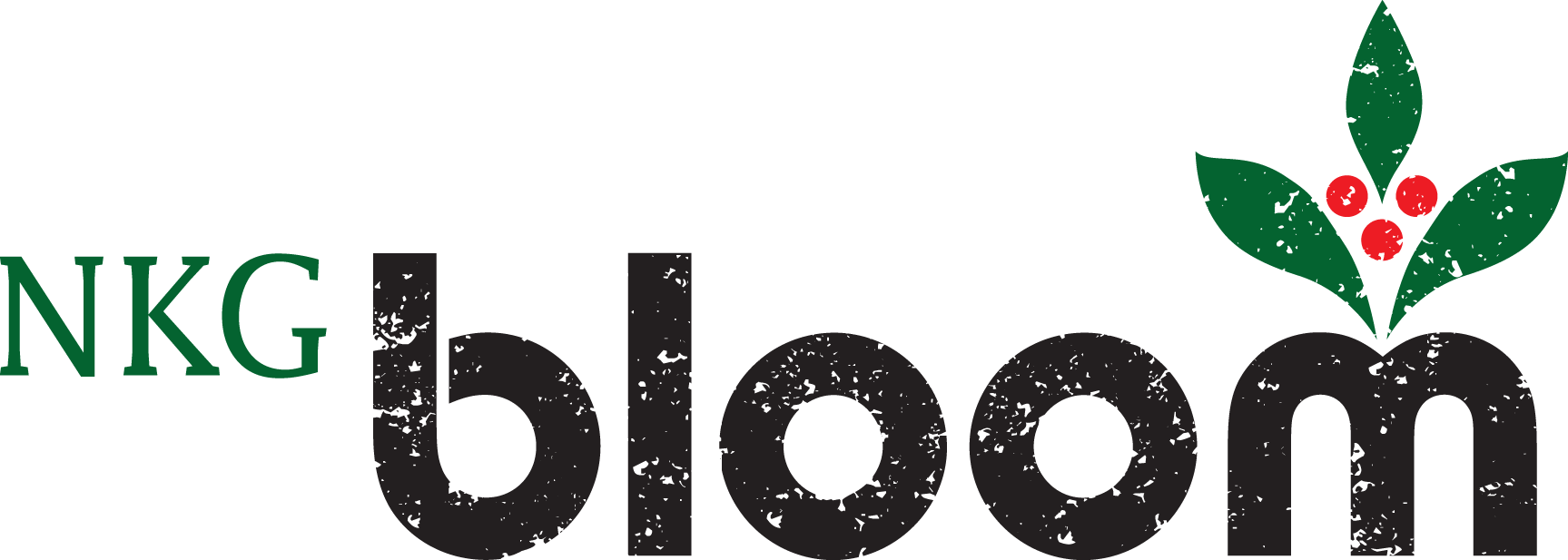

NKG Bloom is focused on
improving farmer livelihoods
Key aim: Safeguarding the future of green coffee supplies by ensuring that coffee farming is a financially viable business that can provide financial security to families.
- Empowers farmers to run their businesses at full potential, through custom service packages that include training in coffee-farming and business best practices, plus access to markets, infrastructure, inputs and seedlings.
- Provides easy access to short- and long-term financing, so farmers can invest in their farms and enter a pathway out of poverty.
NKG Verified is focused on
meeting key sustainability criteria
Key aim: Providing traceable coffees produced on farms that comply with specific social, environmental, and economic criteria.
- Offers customers insights into the economic, social and environmental performance of the farms producing their coffees.
- Provides sustainability assurance through internal and third-party audits from farm to export level.
- Aligns with industry standards and integrates easily into customers’ sustainability plans.

Coffee Sourcing with a Purpose
What is NKG Bloom?
NKG Bloom is our initiative to ensure the future of green coffee supplies by offering smallholder farmers and farmer groups the opportunities and resources they need to run their farms at full potential, optimize their incomes for long-term success and enter pathways out of poverty.
Through dedicated teams within our export companies, NKG Bloom identifies and addresses barriers to farmer success and offers individuals and farmer groups bespoke combinations of services centered around financing.
Already changing lives in its first years of implementation, NKG Bloom’s goal is to meaningfully improve the livelihoods of 300,000 coffee-farming families across 10 countries by 2030.
Value to farmers:
- Custom services to optimize their coffee business through access to seedlings, fertilizers, inputs, infrastructure, and trainings.
- Accessible financing, including quick mobile financing and substantial funding for larger projects, so families can invest in long-term farm health.
- Supporting an “inclusive sustainability” perspective so that farmers have the knowledge about practices to meet sustainable production criteria and address them effectively, to ensure a healthy and bright future of coffee.
Value to green coffee buyers:
- An active role in supporting coffee-farming families and addressing the key issues faced by the industry.
- The ability to take ownership of key performance metrics related to purchased coffees and share them with customers.
- Possibility to implement special projects at origin, by building on the knowledge, networks and enthusiasm of NKG Bloom Farmer Services Units.
Frequently asked questions (FAQs)
So, how can I learn the details relevant to my coffees?
The NKG Bloom Portal is a comprehensive web portal where NKG Bloom customers can learn about the initiative’s global efforts, participating regions, farmer groups and subgroups.
At trace.nkgbloom.coffee, they can also trace each purchased coffee to the region or farmer groups that produced it, see the service offerings being utilized by those producers and view the performance indicators tied to each coffee.
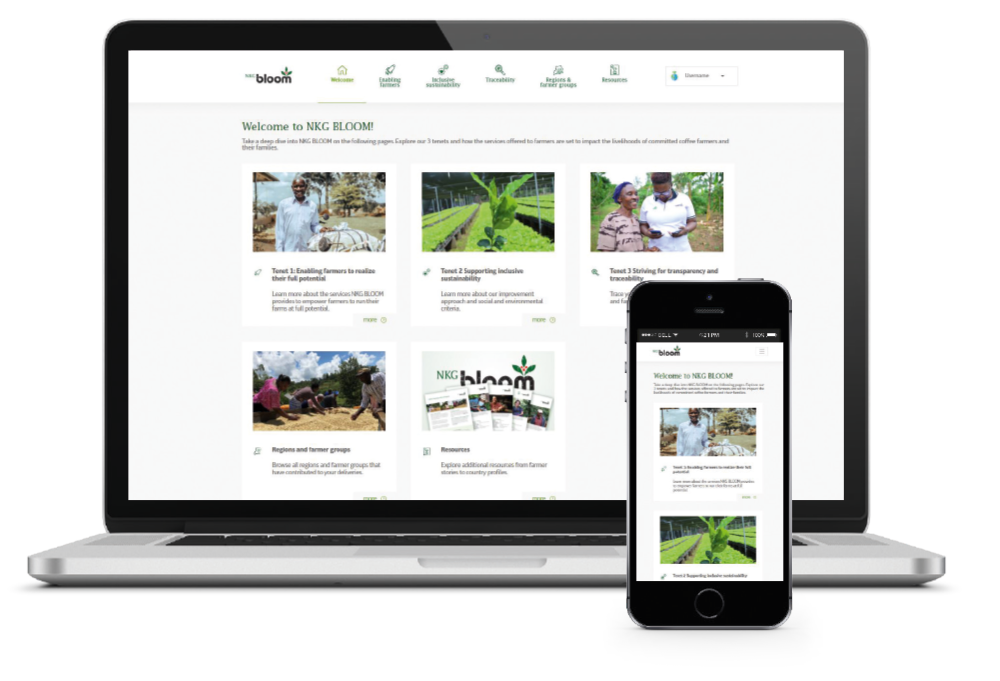

Traceable coffees and sustainability compliance, delivered.
NKG Verified offers customers traceable coffees that meet key sustainability criteria. It provides visibility into identified supply chains and their performance on key economic, social and environmental indicators — all verified by a third party. With every shipment of NKG Verified coffees, customers receive an easy-to-read sustainability report detailing each indicator and how it scored, as well as the coffee’s overall sustainability score.
NKG Verified aligns with and contributes to United Nations’ Sustainable Development Goals (SDGs) that support economic growth, address social issues and enhance environmental protection.
Value to green coffee buyers:
As of December 2022, NKG Verified has reached 12,958 farmers in Mexico, India, Vietnam, Colombia, Indonesia and Brazil. We will continue to expand our supply chains in 2023.
Sustainability Criteria
Economic
Environmental
Social
Critical
The sustainability criteria are developed following the Coffee Sustainability Reference Code. The Sustainable Business Unit (SBU) at Neumann Gruppe is responsible for the program set-up. In order to ensure that NKG Verified meets its stated objectives, to keep the criteria up to date, to identify challenges and to make the program practical to implement, periodic reviews are conducted, at least every five years, including key inputs from stakeholder consultations.
According to our 2nd party assurance model, the NKG Verified criteria are assessed through annual internal audits and through third-party audits every three years on a sample of entities from farm to export level that form the supply chain. The internal audits are conducted by the staff of the NKG exporting companies. Findings on critical criteria lead to exclusion, unless they can be remediated within 60 days. Based on the findings on improvement criteria, NKG exporting companies jointly with the supply chain actors and with the support of the Sustainable Business Unit develop improvement plans.
Once both, internal and external audits are conducted and reviewed by the Sustainable Business Unit and the third-party audit decision is positive, the NKG Verified coffees from the respective chains can be offered.
Click here for the NKG Verified Claims Policy.
NKG Bloom and NKG Verified coffees
are available through our NKG importers worldwide
Neumann Kaffee Gruppe Responsible Business Program
Defining sustainability — and success.
Responsible conduct and sustainability have always been integral to our work at Neumann Kaffee Gruppe, as coffee connects people, communities and their natural environments all over the globe. Their health and wellbeing are fundamental for our long-term success. In 2020, the NKG Board of Management initiated the creation of a Responsible Business Program, in order to more intentionally define NKG’s objectives in these areas, as well as its commitments to meeting them.
Ultimately, a cooperative effort between the Board and colleagues in departments across NKG identified four focus areas, along with nine supporting strategic sub-objectives.
NKG Bloom addresses focus area 3, “Producers”, and contributes to Objective 6: “Improve farmer livelihoods through value-added services.”
NKG Verified addresses focus area 2, “Supply chains”, as well as Objective 4: “Enhance sustainability performance within our supply chains.”

